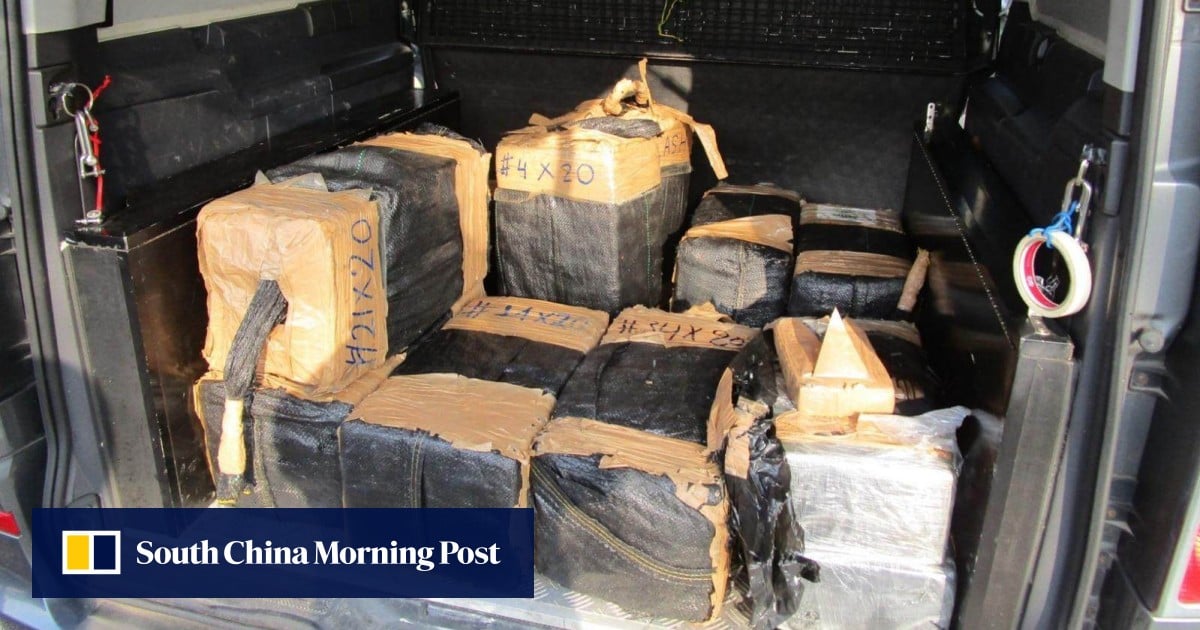Human Rights Watch (HRW) condemned on Sunday the Chinese pressure on Hong Kong with the imposition of the National Security Law on June 30, 2020. According to this rights organization, the actions of the Chinese government hindered rights and freedoms in Hong Kong.
Maya Wang, associate China director at HRW, said, “In just five years, the Chinese government has extinguished Hong Kong’s political and civil vibrancy and replaced it with the uniformity of enforced patriotism.” Wang also urged governments to press China to end its repressive control over Hong Kong.
Through the Law of the People’s Republic of China on Safeguarding National Security in the Hong Kong Special Administrative Region, passed in 2020, the Chinese government initiated a major crackdown on freedoms of expression, association, and assembly, as well as democracy and fair trial. This bill is controversial. In 2024, the law was criticized by the UK government, and the UN High Commissioner for Human Rights, Volker Türk, raised serious human rights concerns about the rapid expansion of national security offences in Hong Kong. Rights groups also urged new governments, like Australia, to impose sanctions against Chinese officials responsible for targeting civil freedoms in Hong Kong.
HRW holds that the National Security Law allows only for supporters of the Chinese Communist Party to occupy important positions in society. Effectively, these laws were used to target the freedoms of individuals and groups. In June 2025, a law was passed that prohibited anyone convicted of a national security offense from organizing a union. At the end of 2024, activists were also targeted with offenses of national security. Bounties were issued against six pro-democracy activists for “incitement to secession, subversion and collusion with a foreign country”. Moreover, an opposition activist was convicted merely for uttering seditious words.
A recent report by Amnesty International analyzed the effects of the National Security Law on human rights in Hong Kong. This organization claimed that “85 percent of concluded cases involved only legitimate expression that should not have been criminalized.” Furthermore, despite long pre-trial detentions, “courts denied bail in 89 percent of national security cases.” The right to freedom of expression, assembly, and association, as well as the right to a fair trial, are enshrined in Articles 19, 21, 22, and 14 of the International Covenant on Civil and Political Rights (ICCPR). While these rights are not absolute and can be limited if justified for the protection of national security, rights groups emphasize that the use of the National Security Law in Hong Kong seriously hinders international human rights standards.


